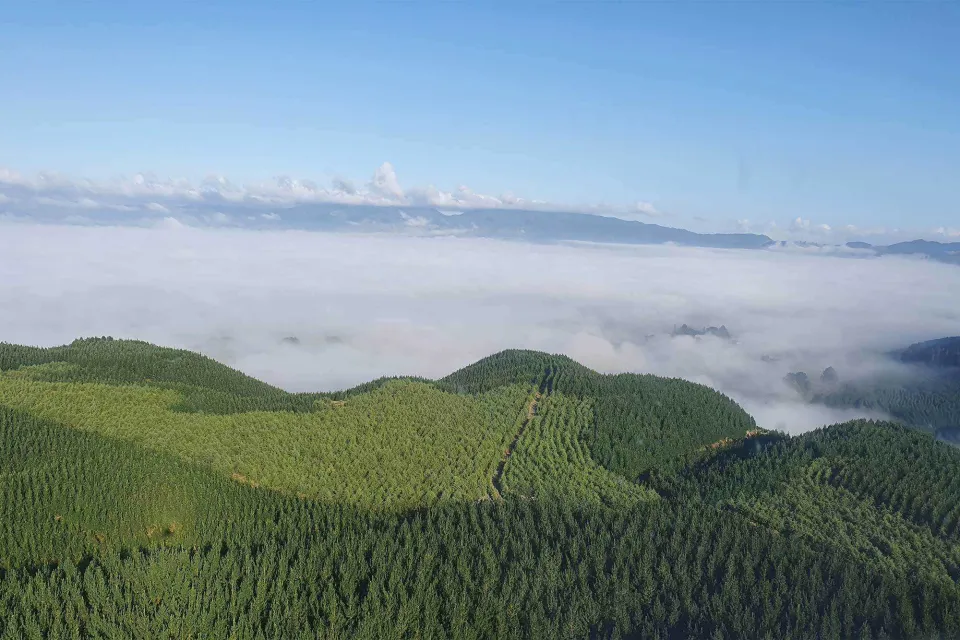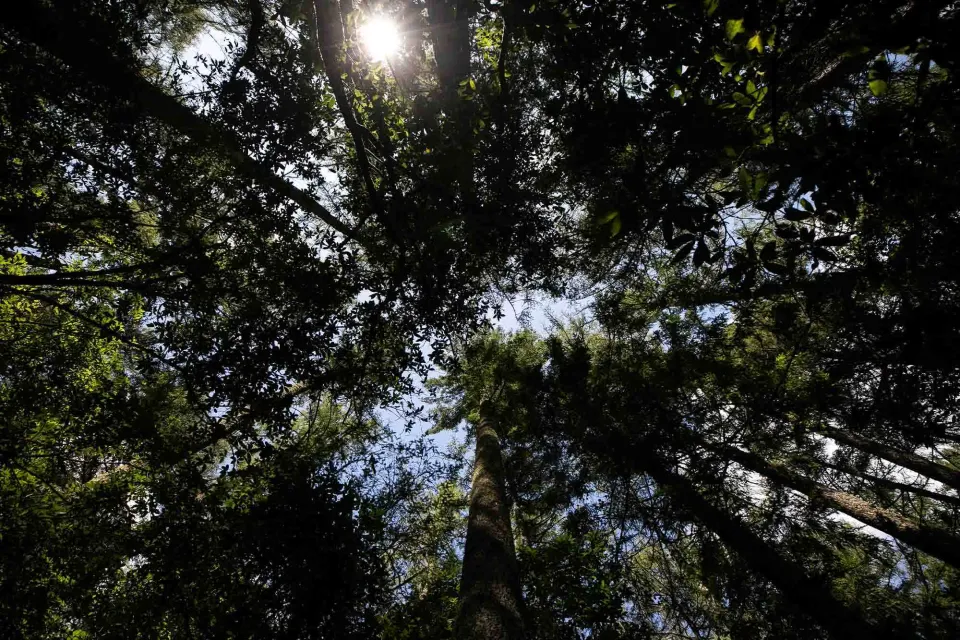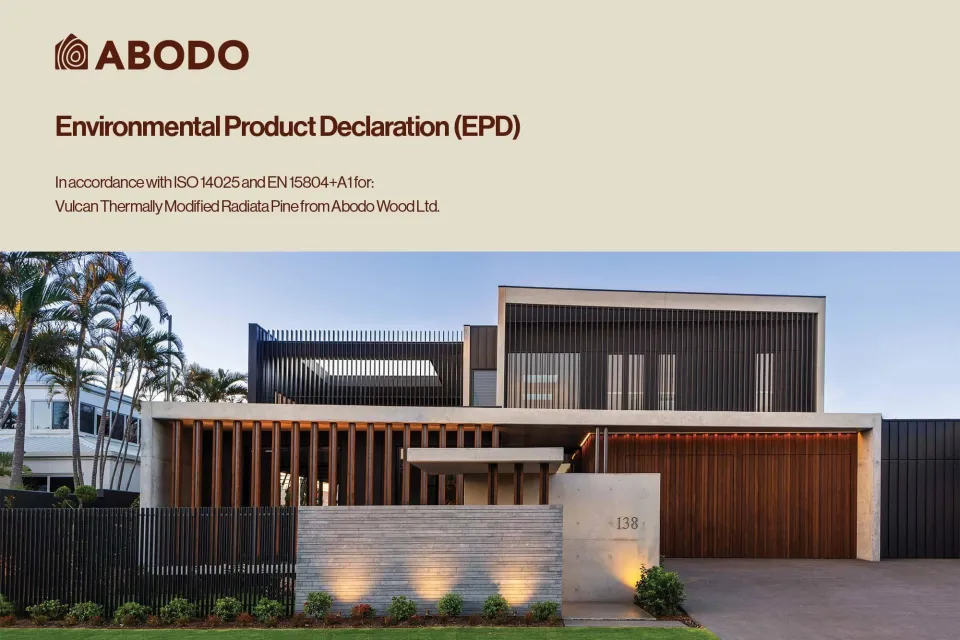-
About
-
Products
- By Timber Product
- Cladding
- Decking
- Screening
- Panelling
- View all
- By Application
- Exterior Cladding / Siding
- Exterior Rain Screen
- Interior Walls & Ceilings
- Soffits
- Screening, Fins & Battens
- Windows, Doors & Joinery
- Posts & Beams
- Accessories
- Coatings
- Fixings
- Samples
-
Resources
- Projects
- Contact
EPD Review: Solid and Modified Woods for Window and Door Applications
In the interest of our sustainability and transparency goals, we commissioned an EPD review for a number of key joinery timbers.
We take pride in sharing this independently verified report here. Read on for a summary of its findings.
Environmental Product Declarations (EPDs) are verified and registered documents that enable consumers and specifiers to gain unbiased information about the environmental impact of a product across its lifecycle.
While informative, these documents may be overwhelming and difficult to decipher - especially for those trying to make comparisons between different products.
They contain multiple datasets that include resource consumption of energy, water and renewable resources, emissions to air, water and soil, and inherent contributions to climate change.
To clearly illuminate the differences between products and ensure we are making improvements where possible, Abodo engaged JCH Industrial Ecology Ltd to conduct a survey of published EPDs for six unmodified, chemically modified and thermally modified wood products commonly used for window and door joinery in the United Kingdom.
Through this survey, JCH has compared the Global Warming Potential (GWP), sequestered carbon, embodied energy and inherent energy in each of these products.
Which EPDs were analysed?
The EPDs came from:
- Sawn dried radiata (WPMA)
- Sawn dried and planed radiata (WPMA)
- Thermally modified Vulcan radiata sawn (Abodo)
- Thermally modified Vulcan radiata sawn and planed (Abodo)
- Thermally modified Ash sawn (Brimstone)
- Thermally modified Sycamore sawn (Brimstone)
- Accoya radiata (Accsys)
- Agrodome Accoya radiata (Accys)
- Tricoya (Accys)
The initial sawn-dried radiata product has been included as a baseline, as this is an unmodified timber.
How do the products compare?
With the exception of Agrodome Accoya radiata and Tricoya, the amount of sequestered carbon in the products exceeds the production emissions.
The inherent energy of the unmodified radiata and Vulcan sawn exceeds these products’ embodied energy, however the report points out that inherent energy is not always recovered.
There appears to be a linear relationship between Global Warming Potential (GWP) and embodied energy across the different products. The report states that “GWP is a measure of the radiative forcing arising from gaseous emissions associated with a product or service” and is measured in kilograms of carbon dioxide equivalents.
Download Abodo's EPD
We produced our EPD in 2020 and are continuously revising it to keep it up to to date. We’re proud to share it with you.
Learn more about EPDs in this article
Why don’t Tropical Hardwoods have EPDs?




